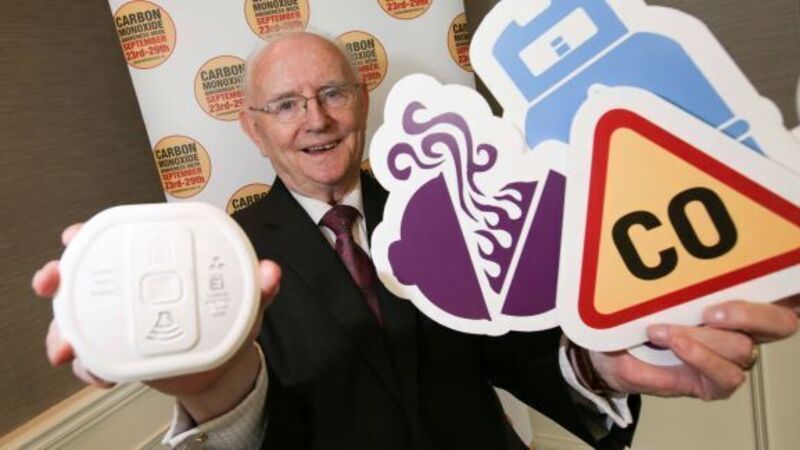Householders ‘must move away from solid fuel’

The latest report from the EPA shows that Ireland has good air quality compared to other EU countries but according to EPA director general Laura Burke, our standards are under threat.
The two main contributors to Irish air pollution are solid fuel and emissions from cars. Pollution from these sources is growing, especially during the winter.













